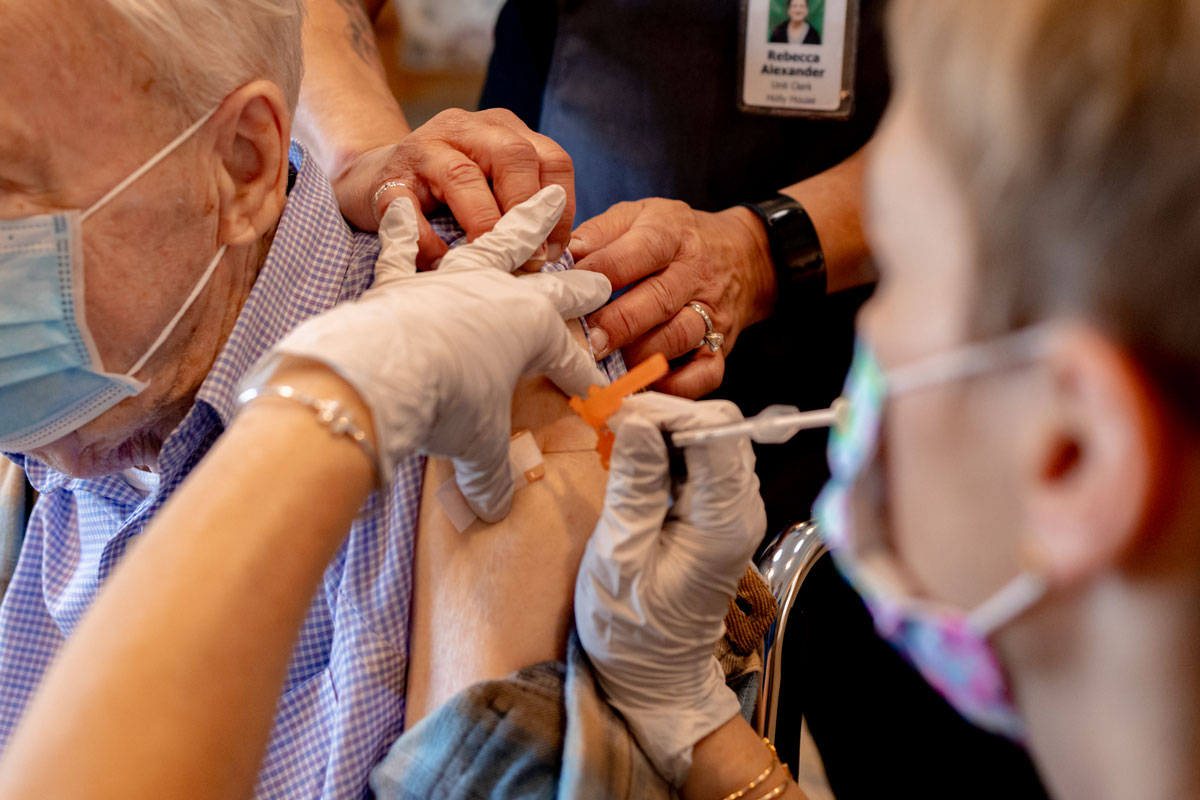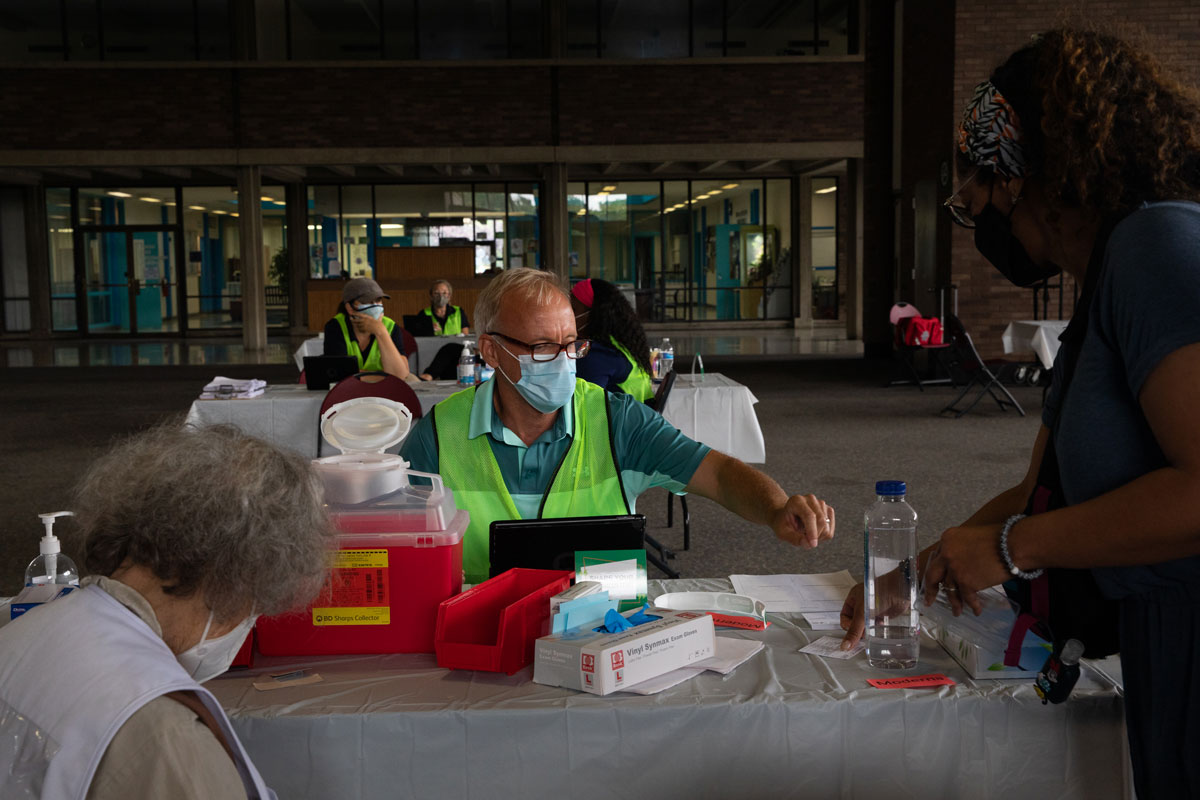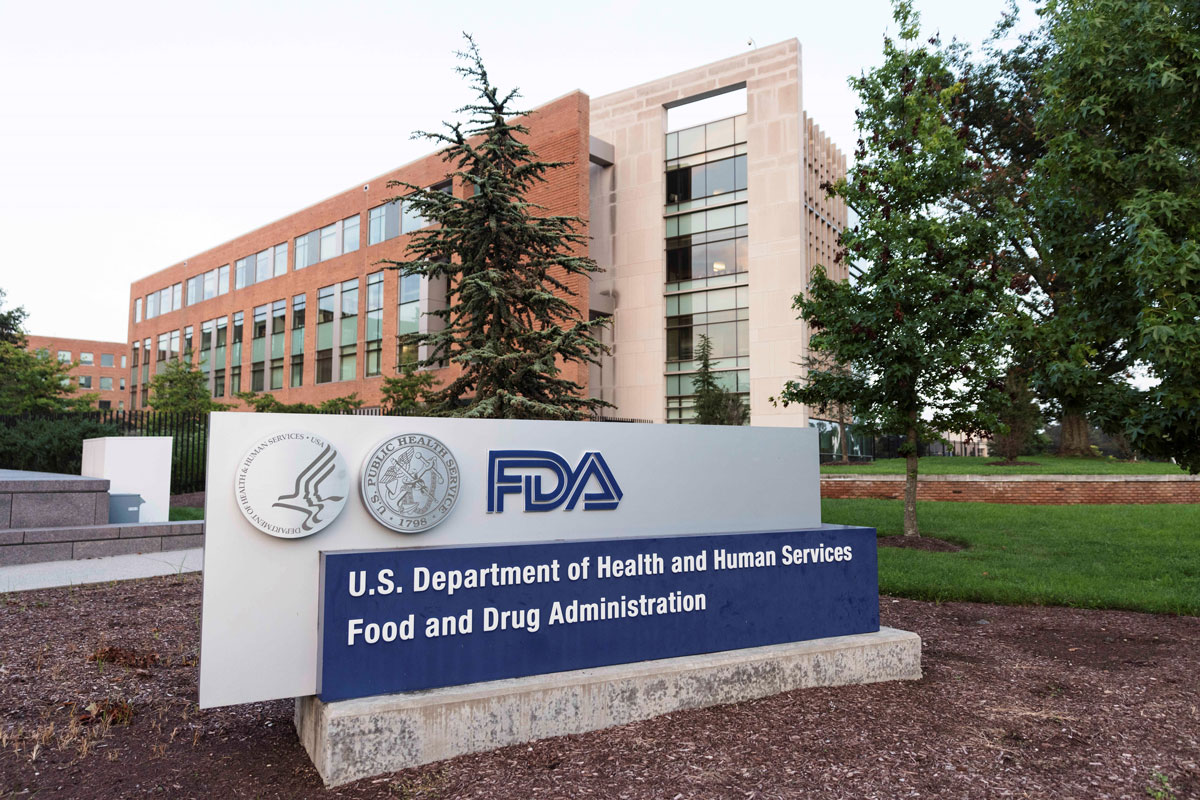Vaccine advisers to the US Food and Drug Administration voted unanimously Friday to recommend emergency use authorization of a booster dose of Pfizer’s vaccine six months after full vaccination in people 65 and older and those at high risk of severe Covid-19. They rejected Pfizer’s application for boosters for a wider group of people, age 16 and older.
Here's how some of the advisers reacted:
“I am really glad that we authorized this vaccine for a third dose and I plan to go out and get my third vaccine this afternoon,” said Dr. Jay Portnoy, a professor of pediatrics at Children’s Mercy Hospital in Kansas City.
Dr. Steven Pergram, medical director for infection prevention at Seattle Cancer Care Alliance, expressed concern that the recommendation did not cover health care workers, who are at high risk of exposure to coronavirus even if they are not necessarily at high risk of severe disease.
Dr. Peter Marks, who heads FDA’s vaccine arm, said the agency can make its own decision and asked the committee members to weigh on possible changes in wording on the EUA. “We are not bound at FDA by your vote,” Marks said. “We can tweak it.”
So the committee members voted unanimously to informally advise the FDA to include health care workers or others at high risk in the EUA.
What happens next: The Advisory Committee for Immunization Practices meets next week to advise the US Centers for Disease Control and Prevention on how to apply the FDA’s eventual decision and can fine-tune the recommendation.
The CDC has scheduled a meeting of its vaccine advisers for Sept. 22 and 23 — and CDC must give its stamp of approval for any booster doses to be officially given.


